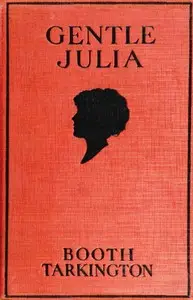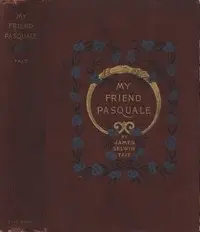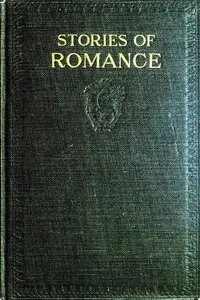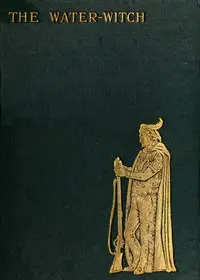** "Tales for Fifteen" by James Fenimore Cooper is a selection of stories from the 1800s that teaches young women about morals. The collection focuses on connection between friends, romance, and the hard feelings that teenagers experience while growing up. In the beginning, the stories tells about both Julia Warren and her friend Anna Miller, and shows their tight bond, the worries of early romance, and being apart from one another. The reader gets to know Julia and Anna as they go through the feelings of being split up, and what that means for friendship and romance. Julia deals with feeling alone and worries a lot about staying close to Anna. The characters talk about love and friendship, looking at the different feelings they have for each other and for possible romantic interests. Julia starts to have feelings for a character named Antonio, which makes things more romantic and exciting as their lives might get mixed up with friendship and love. **

Tales for Fifteen
By James Fenimore Cooper
** Two young women navigate friendship and romance, where a growing connection with a potential suitor tests the strength of their bond amidst distance and uncertainty.
Summary
About the AuthorJames Fenimore Cooper was an American writer of the first half of the 19th century, whose historical romances depicting colonial and indigenous characters from the 17th to the 19th centuries brought him fame and fortune. He lived much of his boyhood and his last fifteen years in Cooperstown, New York, which was founded by his father William Cooper on property that he owned. Cooper became a member of the Episcopal Church shortly before his death and contributed generously to it. He attended Yale University for three years, where he was a member of the Linonian Society.
James Fenimore Cooper was an American writer of the first half of the 19th century, whose historical romances depicting colonial and indigenous characters from the 17th to the 19th centuries brought him fame and fortune. He lived much of his boyhood and his last fifteen years in Cooperstown, New York, which was founded by his father William Cooper on property that he owned. Cooper became a member of the Episcopal Church shortly before his death and contributed generously to it. He attended Yale University for three years, where he was a member of the Linonian Society.




![Love and Freindship [sic] by Jane Austen](https://cdn.a2-host.cloud/4b_NTPONa0CloH_1LlwwVH-JTm2OjQTPunnkg4ncj-I/rs:fill:215:325:0/g:ce/aHR0cHM6Ly9zcC1hc3NldHMuczMudXMtd2VzdC0wMDQuYmFja2JsYXplYjIuY29tL2Jvb2svMTIxMi9Mb3ZlX2FuZF9GcmVpbmRzaGlwX3NpY19jb3Zlci5qcGc.webp)








